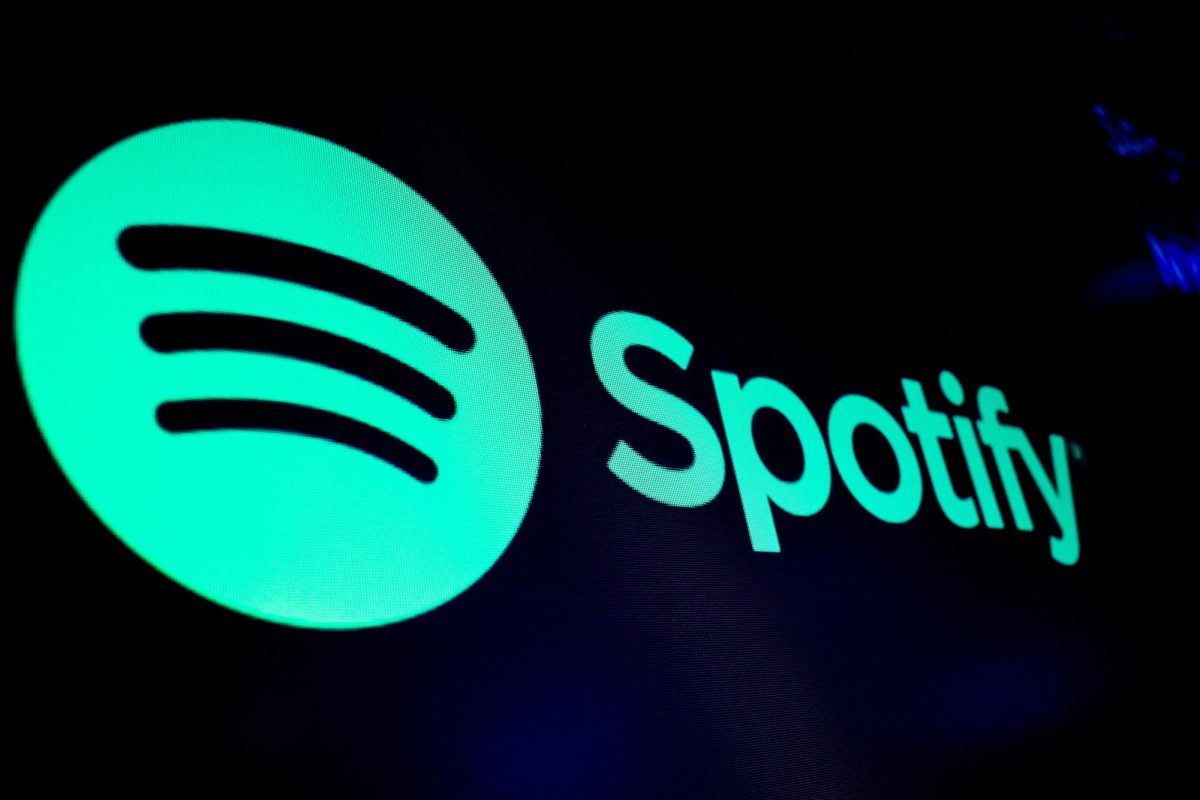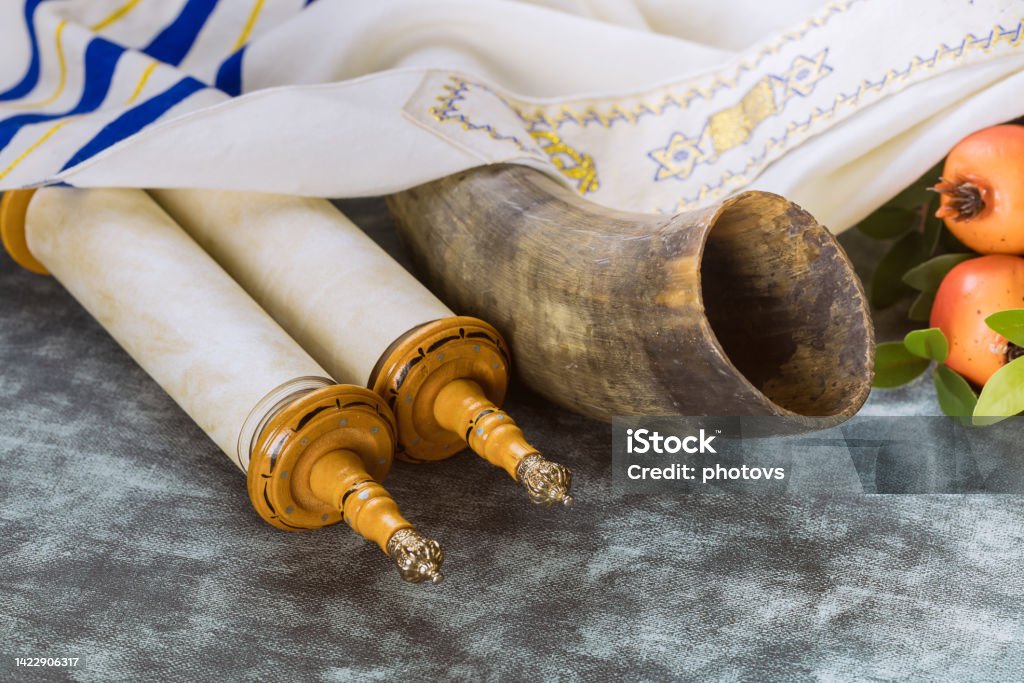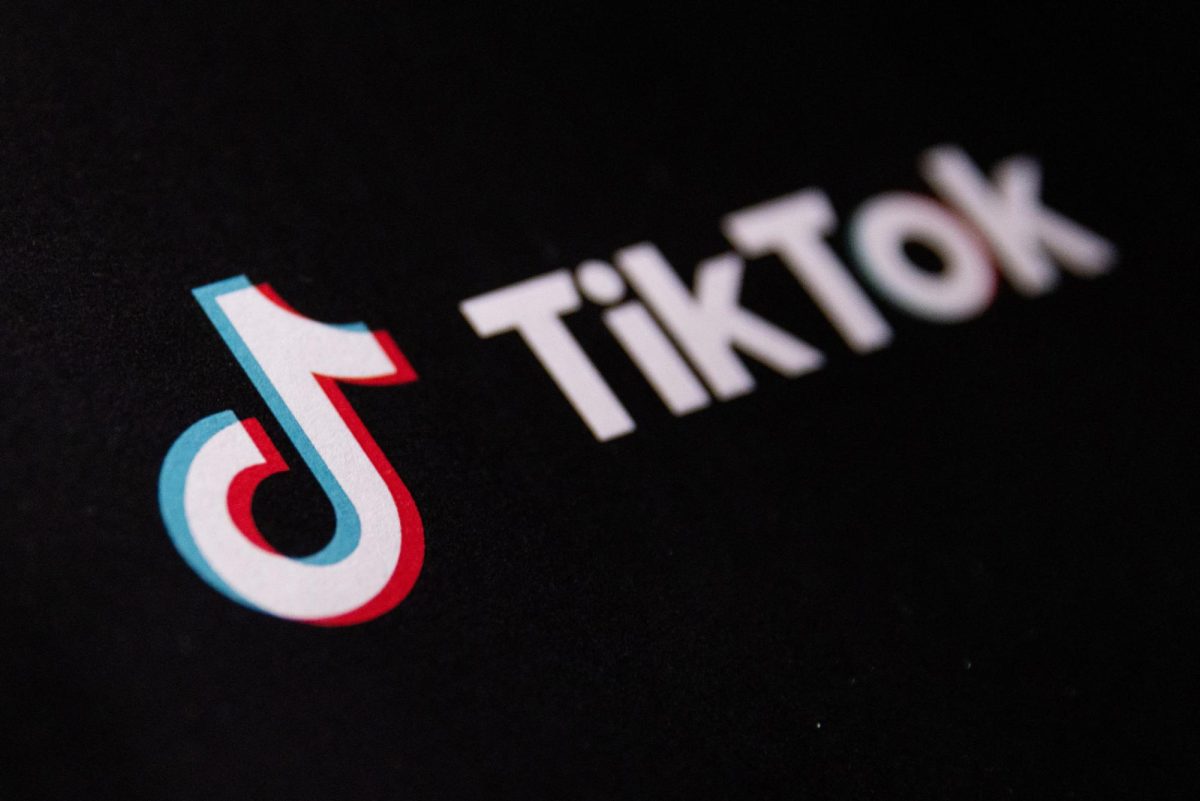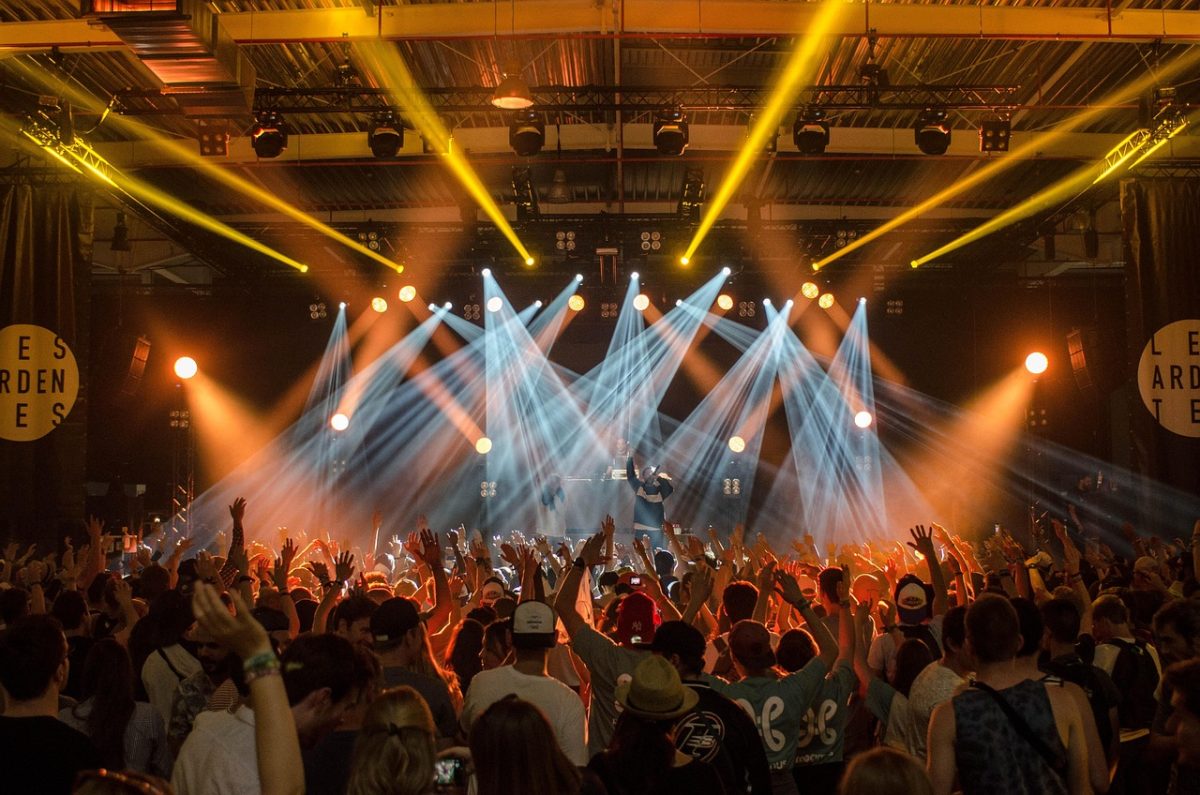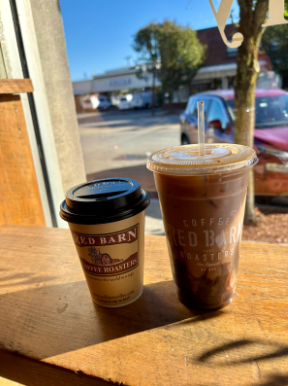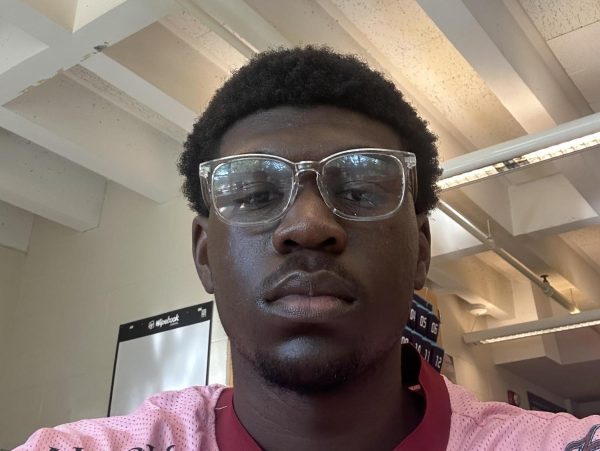With recent stories and allegations surrounding music artist D4VD, people have started asking whether they can still listen to him despite his umm.. “legal troubles”, to say the least. This conversation isn’t new, but it has resurfaced in today’s culture with more urgency than ever. The bigger question is: can we truly separate the art from the artist?I believe that you can — but only under certain conditions. For me, art has to stand on its own merit, and it cannot be tainted by the harmful actions or ideologies of its creator. Some artists make this separation possible. Others make it impossible.
Chris Brown is an example of this, his history of violence and abuse is well-documented: in 2009, he assaulted Rihanna; in 2012, he fought Frank Ocean; in 2018, Karrueche Tran filed a restraining order against him; and as recently as 2023, he was involved in a bar fight. He’s even publicly supported other controversial figures, like Tory Lanez, who is currently serving time for shooting music artist Megan Thee Stallion.
However, with all that being said, Brown remains one of the biggest touring artists in music today. His “Breezy Bowl” stadium tour continues to sell out. Even within the industry, he receives public defense from artists like Kelly Rowland, who actually was a victim of abuse in a relationship during her time with Destiny’s Child. At the Amas when Brown received an award, the crowd started to boo, Brown was not in attendance so Rowland went to get it in his honor and told the crowd to chill out and said “…grace is real. And we are humans. And everybody deserves grace period.”
Sevyn Streeter, a mentee of Chris Brown, once claimed that you can be a feminist and still be friends with him. In an interview with Vanessa Golembewski, when asked whether she puts aside Brown’s history of violence, Streeter replied: “Not that it was put aside — that whole situation was real. I just chose to develop my own relationship and my own opinions and not be swayed by anything else.” This response highlights how powerful art can be in shielding an artist from accountability. Supporters often say Brown “deserves grace,” but the problem is that he has shown little progress in changing or developing as a decent human being. The excuse that “it was just a mistake” or that “we are all human” has become exhausting. When the music is good enough, fans will often ignore — or even excuse — the artist’s behavior. Some also argue that his ongoing support is tied to colorism and pretty privilege, though that is a deeper conversation for another time.
Nicki Minaj is another fascinating case. Minaj is a cultural icon in music and fashion, has timeless hits, and has garnered up a Hugely Devoted Fanbase. When it comes to her pushing boundaries for black women, I will forever defend the misogynoir she faces. However, her personal choices and public behavior have increasingly damaged her reputation. In 2018, Minaj married Kenneth Petty, a convicted sex offender, and has since engaged in high-profile feuds with nearly everyone in the industry — from Cardi B to Megan Thee Stallion, and even SZA. Despite all of this, Minaj’s star power hasn’t faded. Her fanbase remains fiercely loyal, and her sales prove that controversy alone doesn’t erase artistry. Like Chris Brown, even with her music on the decline, her cultural impact— paired with a strong image — can keep an artist at the top even when their personal actions raise very serious questions.
The final and perhaps most important requirement for separating art from the artist is this: the controversy cannot be embedded in the art itself. This is where R. Kelly’s case becomes a clear example of when separation fails. R. Kelly is often hailed as one of the kings of R&B, with a career that includes writing for icons like Beyoncé and Michael Jackson. But his legacy is overshadowed by decades of serious criminal conduct. But his predatory behavior was an open secret long before his 2022 sentencing to 30 years in prison on charges including sexual exploitation of children, racketeering, and sex trafficking.
In 1995, he secretly married Aaliyah, who was just 15 years old at the time, after bribing officials to falsify her age. The most troubling part is that his crimes directly bled into his art. Aaliyah’s debut 1994 album Age Ain’t Nothing but a Number is named after a song Kelly wrote for Aaliyah — a title that takes on horrifying new meaning in the context of his abuse. Public perception at the time downplayed the abuse as consensual and shamed Aaliyah, Letting Kelly rise through the ranks until the 2018 documentary Surviving R. Kelly exposed its reality. To consume Kelly’s music is to consume the glorification of his crimes.
The Last example of this is Kanye West. No matter how controversial his public behavior has been, for years, his fans often fall back on the same defense: “But he made Graduation.” His catalog of music is so influential that it becomes a shield, allowing listeners to justify still playing his albums even when they might not agree with him as a person. Yet since 2022, West has gone further — publicly embracing “White Lives Matter,” disparaging the Black community, praising Hitler, spreading antisemitic conspiracy theories, and facing sexual harassment allegations in 2024. His recent albums, Vulture and Vulture 2, embed his dangerous ideologies into the art itself. This makes separation impossible. For those who say, “I don’t have to agree with him to support the music,” that defense collapses when the music is a vessel for harmful beliefs.
This can lead to hypocrisy and inconsistency for many listeners — myself included. When I was younger, I vowed never to listen to Chris Brown again after learning about his actions, taking a strong moral high ground. But a few years later, I was happily listening to Playboi Carti, who has been widely criticized as an absentee father. Even Kendrick Lamar, an artist I deeply admire and believe has a strong moral core, has collaborated with figures like Dr. Dre (an abuser), featured on Carti’s songs, and even recorded a track with Chris Brown.
That doesn’t make Kendrick a bad person — I don’t believe he is. The same goes for people like Kelly Rowland and Sevyn Streeter, who have defended Chris Brown; they are not bad people either. But these examples show how even artists with admirable values sometimes contradict themselves, and as fans, we often mirror that same contradiction in the way we consume music.
Now you might ask, what does this all mean? To me, it proves that separating art from the artist is possible — but it comes with limits. You can appreciate art while holding the artist accountable, but you should never justify or excuse harmful actions simply because you’re a fan. Listening to their music doesn’t make you complicit — but it doesn’t absolve the artist either. We don’t know these artists, and they don’t know us. The parasocial impulse to defend them or shame those who choose otherwise is troubling. As consumers of culture, we face a choice: turn a blind eye, demand accountability, or stop supporting the work entirely. Ultimately, we must decide whether our enjoyment of art is worth overlooking the harm its creator has caused.

